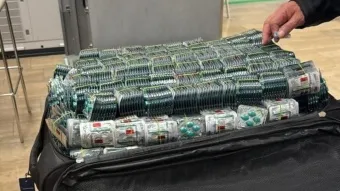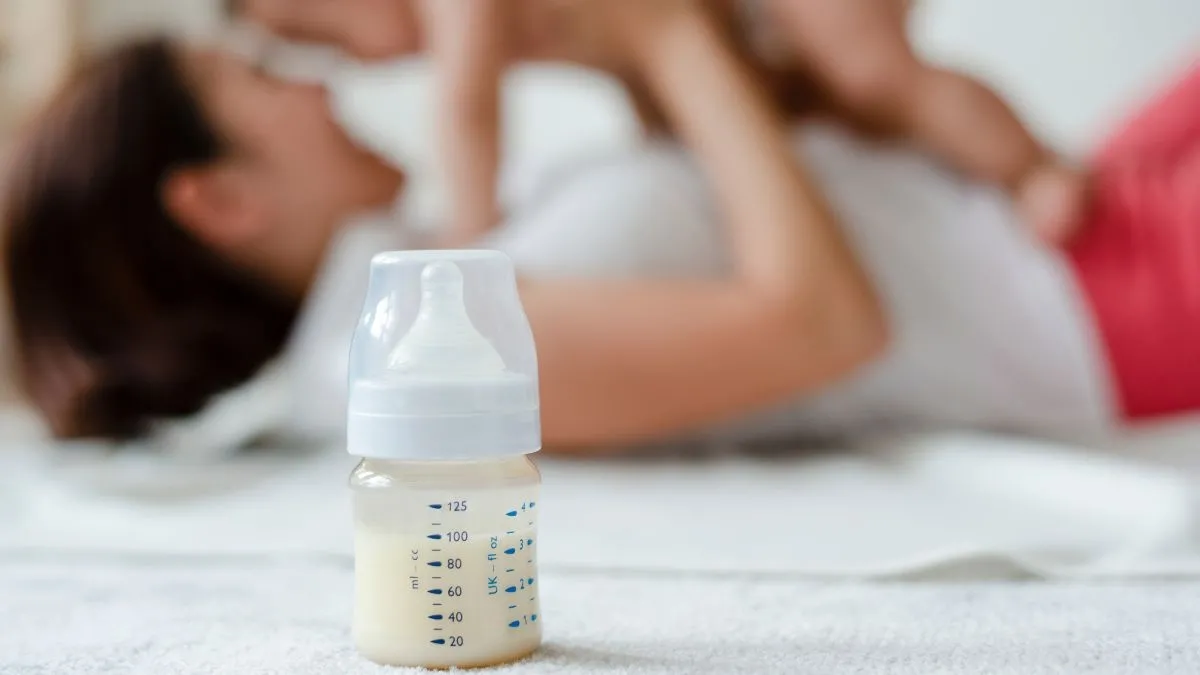The fourth phase of the 'What's Good for Europe - Good for Israel' import reform is underway, and it is expanding to include baby food products. Under the reform, these products can be imported according to European standards, thereby increasing the variety, enhancing competition, and reducing prices for Israeli consumers.
The products included in this phase are pacifiers, bottles, bottle holders, pacifier clips, and baby feeding utensils. The market volume for these products is estimated by the Ministry of Economy and Industry to be over 110 million shekels, with pacifiers accounting for about 40% of this market volume and bottles about 25%.
Until now, these products were included in a group of products that required a costly bureaucratic process. Due to the reform, these products move to a more lenient group. This transition is expected to simplify and reduce the import process by about 5% on average for the products included in this phase.
In addition to the easing of import restrictions, and due to the characteristics of this phase and its target population (babies), importers will be required to hold additional documents as is customary in European Union countries, according to the relevant regulations.
Minister of Economy and Industry, Nir Barkat, said: 'We continue to remove barriers, reduce bureaucracy, and change the import world so that it will bring significant relief to the cost of living in Israel. Opening the market to imports according to European standards will allow access to a variety of quality products at more competitive prices. This is consumer news that will ease the public and encourage new importers to enter the Israeli market.'
CEO of the Ministry of Economy and Industry, Moti Gamish, said: 'We are working determinedly to remove unnecessary barriers that make our daily lives more expensive. The reform is a deep process of systemic change in the import market - it not only reduces bureaucracy but also creates healthy competition for the benefit of consumers in Israel. The inclusion of baby products in the reform was done with the understanding that parents in Israel also need access to quality products at fair prices.'
So far, three phases have been carried out, during which it was possible to import hundreds of consumer products according to European standards, including: toys for children, including those intended for children under the age of 3, baby strollers, trampolines, walkers, baby furniture, including beds, cribs, cradles, high chairs and changing facilities, bicycles for adults and children, diapers, children's jewelry, and more, food processors, blenders and mixers, grilling devices, chipper, meat grinders, coffee machines, refrigerators, ice cream makers and ice makers, electric spoon, toasters, glass and ceramic utensils, disposable utensils, plastic utensils, tampons, agricultural sheets, ladders, carpets.
Fourth Phase of Import Reform Expands to Baby Food Products
The fourth phase of the 'What's Good for Europe is Good for Israel' import reform is underway, expanding to include baby food products. The reform aims to increase variety, competition, and lower prices for Israeli consumers.
14:03 ,06.05.2025
-
Found it useful? Share
-
Share on Facebook
-
Share on X
-
Share on LinkedIn
-
Share via Email
-
Share on WhatsApp
-
Print Article
Related
 06.05.2025
06.05.2025
Aluminum Duty Gets Industry Support
 22.04.2025
22.04.2025
Thousands of Viagra and Kamagra Pills Seized at Ben Gurion Airport
 22.04.2025
22.04.2025
Industrialists Urge Treasury to Support Anti-Dumping Duty on Cannabis Imports
 07.04.2025
07.04.2025
US Customs Intensifies Regulations: Interpretation Over Tax Rate
 02.04.2025
02.04.2025
Malt Import License Requirement Lifted by Israel's Ministry of Economy
 02.04.2025
02.04.2025
Israel Cancels All Tariffs on US Goods

